On Sabbatical: Social Innovation & Health
What a time to be studying population health.
In the midst of a global pandemic, the connections between society and health have been dramatically thrust into the spotlight. In the United States, we are witnessing the fragility of our health and economic systems, the strength of our communities, and the need to create resilient societies. This requires collaboration, innovation, and an awareness of our collective wellbeing.
In my tenure at Oregon Tech, designing programs to meet societal need and help industry adapt to population changes has been a theme. Recruited to Oregon Tech’s Humanities and Social Sciences Department in 2012, I was given a unique opportunity to design curriculum in response to significant shifts in our collective health and healthcare systems, that integrated social science and technology. I am a medical sociologist, a social scientist who analyzes population health data to learn more about social systems.
Societally, we are experiencing changes in our health status, with increasingly complex conditions, and social problems that utilize critical emergency resources. In healthcare, a new paradigm is beginning to be embraced: one of population health and prevention.
These changes informed the design of the Medical Sociology Minor and the nation’s first Bachelor’s Program in Population Health Management. Taking a real-world learning approach, the local community became our research lab and our population––served with the launch of the Population Health Management Research Center.
Over the next five years we grew our base of community partners, garnered contracts to fund health projects, and integrated the research center as a core part of our curriculum. I am one of many dynamic members of a department that takes an entrepreneurial approach to program development and community engagement. We learn by doing––as academic entrepreneurs––through taking calculated risks, experimenting, building strong relationships, and aligning initiatives with our mission.
On sabbatical in Fall 2019 - Winter 2020, I worked to enhance my skills in entrepreneurship to begin the process of scaling out our population health curriculum and research center. I studied Social Innovation and Entrepreneurship at Portland State University, and with this scaffolding, designed a conceptual and business model to inform models for population health education.
A social innovation is a business venture with societal benefits.
Higher education is under pressure to offer career-relevant programs, and we are poised to meet societal needs as well. As our society grapples with managing our population’s health, there is a need for social innovations that solve community-level health problems. These innovations may address infectious disease, emergency preparedness, chronic illness, mental health, housing, food security, nutrition, physical activity, substance abuse, economics, or education. Population health management education is a core component of developing solid social innovations for health. We can maximize our social impact with a conceptual and business model that connects students, health professionals, faculty, and local organizations in the process of social innovation.
Embracing the entrepreneurial spirit, I asked the following questions:
How can we design a model of population health education as a social innovation that builds powerful partnerships with industry partners?
How can we create shared value with academic programs?
What business model best leverages industry-academic-community partnerships to scale out curriculum across the state and nation, and serve those on the front lines of population health?
My sabbatical research attempts to answer those questions, drawing on concepts from the field of social entrepreneurship and incorporates insights from academic program directors, former health executives, current health professionals, publicly available data, and scholarly research on population health management.The research yielded two models:
A conceptual model for Population Health Management education that features a local research center as a driver of of shared value.
A business model for implementing Population Health education leveraging a Certificate in Population Health Innovation to support research centers, designed to minimize risk and maximize value to faculty, universities, students, and industry partners.
This research has been translated into a program proposal at my current institution, with the intent to inform other programs and ventures across the country.
I believe we can do more than train students for their careers. We can seize the opportunity to help our society adapt to challenging conditions by harnessing resources and launching social innovations that create resilient communities.
On the quest for widespread wellness, innovative education can connect people, ideas, and organizations in a way that brings out the best in all.
Have a big idea?




